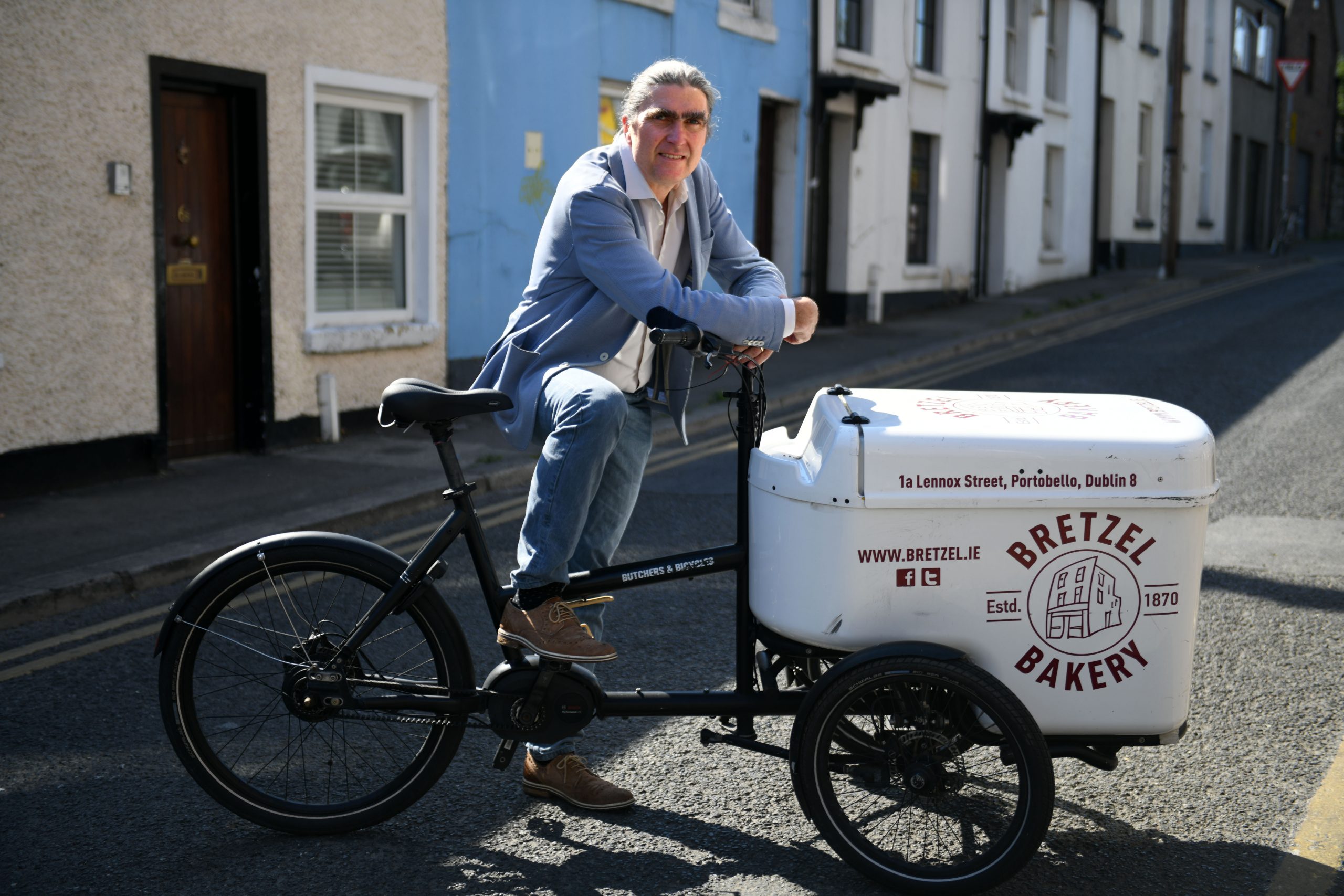A metallic grey van pulls up outside my home. Inside it is William Despard, an engineer turned baker, who owns the Bretzel Bakery, a Dublin bread and pastry maker which began its life 150 years ago serving the Jewish community in Portobello, Dublin 8. Despard, a keen sailor, has always had long windswept hair, and striking eyebrows. His hair is even longer than usual in lockdown as I wave to him through the window, but he has the same wide smile. He gestures with his hand to give him five minutes. He has one more sale call to do before…
Cancel at any time. Are you already a member? Log in here.
Want to read the full story?
Unlock this article – and everything else on The Currency – with an annual membership and receive a free Samsonite Upscape suitcase, retailing at €235, delivered to your door.

